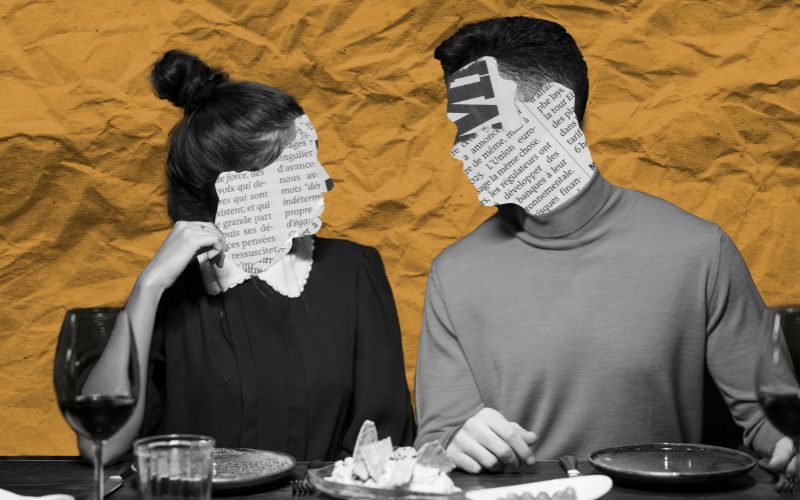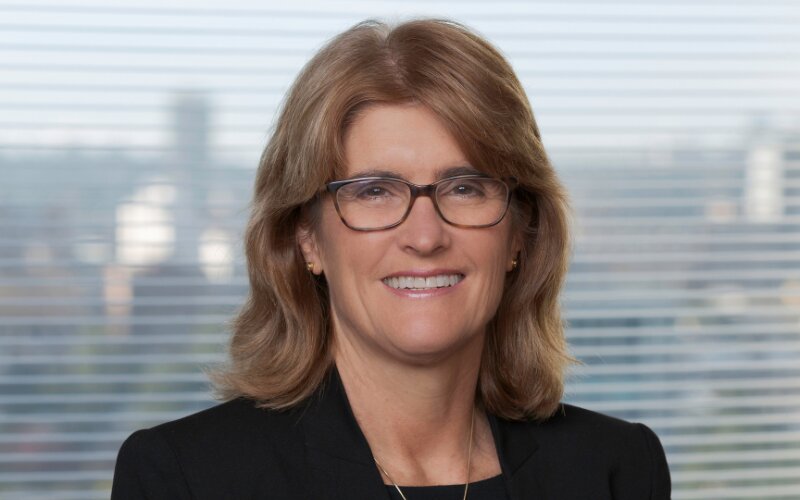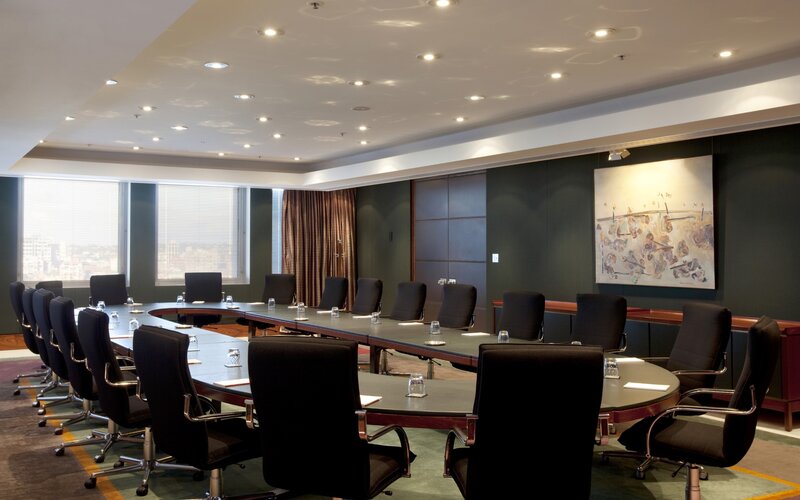Recently, I came across a post on Facebook that really got under my skin. It was written by a fellow millennial who couldn’t understand why other millennials find it so hard to enter the property market and concluded it must be because they just aren’t willing to make the financial and lifestyle sacrifices to get ahead - before revealing she was on a $250,000 combined income. As you might expect, the comments section blew up but the overwhelming sentiment was that not everyone has the advantage of a combined income when they’re trying to buy a house. Many first home buyers are single income households, and not all of them earn six-figure salaries - much less $250k ones…
It got me thinking more broadly about what’s known as the ‘singles tax’ - i.e. the price you pay for not being in a relationship. It might sound a bit silly, but it’s a well known fact that single people spend more money than their coupled up counterparts on common household expenses like groceries, bills, and rent or mortgage repayments because they don’t have a partner to split the cost with.
According to the Australian Bureau of Statistics (ABS), a one-person household can spend $2,835 per month on living costs which is 27% more than couples who spend a combined $4,118 per month, or $2,059 per person - a $776 difference.
And with inflation and the rising cost of living, the singles tax is hitting especially hard.
“When things get tight and there is a second income, there is another person who has the chance of a pay rise, the chance of overtime, the time to do a side hustle and even the time to review household expenses,” author of The Quick-Start Guide to Investing and creator of the This is Property podcast Glen James told Savings.com.au.
“While every household needs to pay attention to their money and goals when there is a cost of living crisis, there is just less margin of error or opportunity with single-income households.”
And if you’re single with kids? In this economy that’s basically committing financial suicide. A joint report between UNSW Sydney and ACOSS found that 34% of single parent households are in poverty. Research from the University of Melbourne found that over 60% of singles struggled with meeting basic costs like food, accommodation and bills, as opposed to 40% of couples. Single parents fared even worse, with over 80% reporting concern about meeting basic expenses.
The singles tax gets worse if you remain single as you age. Older single women are the fastest growing group experiencing homelessness in Australia.
Yet, single person households are on the rise. More than one in four households are now occupied by one person according to the latest Census data.
Of course you can always get a housemate to split living costs with. But the older you get, especially as you roll into your 30s, the less you feel like sharing your space with inconsiderate, messy flatmates. You probably don’t want to buy a house with them either, and this is where the ‘singles tax' really hits.
Housing
According to the InfoChoice State of Aussie’s Savings report, double-income no kids (DINKs) households are financially more secure than single-income no kids (SINKs) households, with higher homeownership rates and greater savings.
SINKs are significantly less likely to own their homes compared to DINKS - only 23.5% of SINKs own their home with a mortgage versus 42.9% of DINKs.
SINKs tend to have fewer financial assets such as investment properties or savings compared to couples, and are more likely to rent or live with family.
I’m going to use myself as an example. My borrowing capacity sits at around the $450k to $500k mark, depending on which borrowing power calculator you use. I have no debts other than HECs, I have a sizeable chunk of savings and I save half of my income with the other half going towards bills, groceries and rent. I’ve lived in the same apartment for almost six years and my landlord has never increased my rent in that time. I share the apartment with one housemate to keep the costs even lower.
I don’t own a car, I rarely eat out or get takeaway, I bring my lunch to work, I cancelled my gym membership, I’ve cut down to one TV streaming subscription service, I only buy new things when I need them, and I find cheap or free things to do on the weekends. When you look at my bank statements, it’s basically just a stream of Aldi, Translink, and phone and internet bill transactions.
You get the point - I barely have any fat left to trim from my budget. And despite all of that - despite all my scrimping and saving and sacrificing - because I am a single income household who earns X amount, my borrowing power only extends so far. I mean, is it any wonder I arked up so much at that Facebook post for suggesting young people aren’t making financial sacrifices to get ahead?
Now, consider the fact that the national median dwelling price is $790,000. In my city (Brisbane), the median dwelling value is $860,000. That figure accounts for both houses and units. Diving deeper into those figures, the median house price in Brisbane is $950,000, while the median unit price is $620,000.
My borrowing capacity doesn’t even extend to buying the average priced apartment in my city. Of course you can find properties priced below the median, but competition for those can be quite fierce because of their price and as a result they often sell for well over asking. That’s not even to mention strata, rates, and water costs plus conveyancing fees, stamp duty and Lenders Mortgage Insurance (LMI) if you’re going in with less than a 20% deposit. You’re also competing with other first home buyers (who may have dual incomes or parental help), downsizers and investors for those properties, who have bigger borrowing capacities.
The ABC recently published an article that calculated exactly how much money you would need to earn in each capital city (after tax) to be able to afford the median dwelling price in each city.
- Sydney: $238,800
- Canberra: $177,672
- Brisbane: $175,440
- Melbourne: $159,600
- Adelaide: $156,876
- Perth: $154,716
- Hobart: $132,000
- Darwin: $103,236
These figures might be manageable for dual income earners, but few singles earn north of $100k after tax. Now, some may suggest we just ‘get a higher paying job' but not only is this highly insensitive and impractical for most people, it’s also a reflection of how broken the housing market is when our policymakers are essentially suggesting only high earners can afford to buy a home.
A few years ago, I wrote this article on how to buy a house on a single income. The advice in that article is solid - but out of interest I had a look at what the median property prices were in my city at the time I wrote it. According to CoreLogic, the median dwelling value back then in Brisbane was $490,000. For houses, it was $540,000 and for units $380,000 - well within my borrowing capacity. But in the space of less than five years, Brisbane property prices have surged by up to 75%, far exceeding my borrowing capacity. It’s actually shocking to see how far property prices have risen in such a short amount of time. You could follow the advice in that article to the letter and still find yourself slipping further and further behind because keeping up with these skyrocketing property prices on a single income is becoming impossible.
Senior financial advisor at Crown Wealth Management David Pereira says I’m not just imagining it - it is getting harder and harder for singles to afford a slice of the property pie.
“The reality is, without a leg-up from parental support, generational wealth, or a high income, many single Australians are left watching from the sidelines,” he told Savings.com.au.
“The cost of housing has outpaced wage growth significantly, making it almost a necessity to have some form of financial boost to get a foothold.
“This isn’t just a minor hurdle - it’s a systemic barrier that’s leaving a whole generation of singles feeling priced out of home ownership.”
The way I see it, if you’re not fortunate enough to have:
- a high income,
- a dual income, or
- parental help
…you’re sh*t out of luck, to put it bluntly.
If, like me, you were born into the average Aussie working class family who don’t have the financial means to help their children get into the housing market you can count yourself out of the race. Rich kids need only apply. I’ll admit, it’s hard not to feel resentful when I hear my peers talking about the financial leg-up they received.
Mr James isn’t quite as pessimistic as I am about the difficulty of breaking into the housing market as a single, but he acknowledges it is getting harder and harder to do.
“I don’t think it’s impossible, but in the current property climate it’s tough,” he told Savings.com.au.
“We have single members of our community who are buying homes, but they’ve often been prepared to make compromises on the kind of property they buy, where it’s located, and the size of it. Many of them have spent years saving up a deposit or increasing their income to look favourable to lenders.
“Some singles are being creative and buying a first home with a sibling or friend to get into the market, but if you do decide to do this I’d always encourage you to have a written agreement about the details surrounding this.”
According to mortgage broker and money coach Max Phelps, the two most financially disadvantaged groups in today’s society are singles and single-income households.
“This is because house prices, rents and standing charges are all based on what couples with two incomes can afford, yet with two incomes comes two tax-free allowances of $18,200 and double the $45k threshold for the low tax rate of 16%,” he told Savings.com.au.
“The taxes alone mean that a single person earning $90k is almost $800 a month worse off after tax than a couple earning $45k each = $90k total.”
It’s not just when trying to buy a home that single people are at a severe disadvantage. The cost of renting and just about everything else is significantly higher too.
“A typical couple can spend $600-$700 a week = $300-$350 per week each on rent for a two-bedroom apartment whereas an equivalent one-bedroom apartment would be around $400-$500,” Mr Phelps said.
“If we take the relatively economical suburb of Bankstown in Sydney, rents have jumped by 50% in the past five years, compared to national average income growth of only 20% over the same time period. In 2019, the average one-bedroom unit in Bankstown rented for $330 per week versus $415 per week for a two-bed unit = $208 each.
“In 2024 those figures are $500 per week for a one-bed unit and $550 for two-bedrooms. This means for couples their rent has risen from $208 to $275 - a 32% increase. But for singles, $330-$500 is 51.5% higher. Sharing has become almost essential.”
Food
The housing market isn’t the only place where single people find themselves at a financial disadvantage compared with their coupled up counterparts. There’s the cost of groceries. Cooking for one sounds like it should be cheaper than cooking for two. But the thing is, most packaging is designed for families or couples, or with all the discounts reserved for the bigger packs, leaving singles struggling to use up ingredients once they’ve been opened before they go off. So it may be cheaper per-unit cost to buy the 1.5kg pack of chicken breasts, but you have to work out how you can either a) incorporate chicken into the rest of your meals that week or b) freeze what you don’t use, which can be difficult sometimes if you have a lot of housemates and have limited real estate in the freezer.
A few weeks ago I had a craving for hot dogs. I looked up how much it would cost to order one on UberEats (around $25-$30 including delivery fees if you’re interested). Obviously I wasn’t going to pay that because that’s daylight robbery. So I walked down to the shops and bought the ingredients, which worked out to be around $20 all up for the buns, sausages, mustard, onion, and pickles - five hotdogs for the price of one on UberEats. Awesome - except for the fact I then had to eat hot dogs every night for the rest of the week before the buns went stale, which isn’t very healthy and now I never want to eat a hot dog ever again.
Meal delivery services are another example, offering boxes designed for two or four, but rarely one.
The point I’m trying to make - albeit clunkily - is that cooking for one cheaply is trickier than cooking for a larger number of people because a lot of food is packaged for couples or families, making it hard to buy just what you need, which then forces you to buy more than you can consume, which leads to repetitive meals or food waste.
Travel
Travelling as a single person can also be pretty costly, particularly when it comes to accommodation. Singles sometimes have to fork out more money in the form of what’s known as a ‘single supplement’, a common practice in the travel industry.
Essentially, it’s an extra free you pay for solo occupation of a room designed for two people. I went on two Topdeck trips last year around Europe and opted to pay for the twin share option (where you’re paired up with another person of the same sex on your trip in a twin room) rather than the single option (a hotel room to yourself) which cost up to $3,000 extra. I’m an introverted person and I would have loved to have had my own room - but I’m no chump. That’s an extra $3,000 I could instead spend on other travel experiences.
Now for the most part, the girls I roomed with were great, but there’s a bad one in every bunch and that person made me deeply regret not paying the extra amount for the peace of a solo room.
Meanwhile, couples on my trip could split the cost of a double room paying $8,179 each and enjoy the comfort and privacy of sharing the room with their partner rather than a stranger they’ve just met. This highlights the unfairness of the single supplement, as solo travellers are forced to pay significantly more for exactly the same accommodation.
One guy who was travelling solo on my trip lucked out big time because even though he had opted for the twin-share option, he just so happened to be the only guy travelling solo, so by default he got a hotel room to himself as they only pair up solo travellers of the same sex.
Then there’s the cost of taxis, rideshare or hire cars while you’re travelling. If you’re in a group that’s easy - you can split it down the middle. But in the words of Jason Derulo, if you’re ridin' solo you have to cough up the entire cost.
In a nutshell…
If you let me, I could go on and on about how much more expensive it is to exist in this economy as a single person. There’s one less person to split the cost of household furniture with, health insurance can be a bit pricier, and don’t even get me started on the cost of dating.
I’m not saying we should be less single. Don’t get me wrong - being single has its advantages. In fact, it’s pretty f***ing great. I have a king sized bed all to myself, my weekends are entirely my own to do as I please, my bathroom is always spotlessly clean and I can pack up and move to the other side of the country - or the world - without having to worry about factoring a partner into the equation. But I do hope that one day we’ll shake the social stigma and cater for singles as much as we cater for couples and families because the burden of fending for one in this economic climate is quite frankly exhausting.
.jpg)

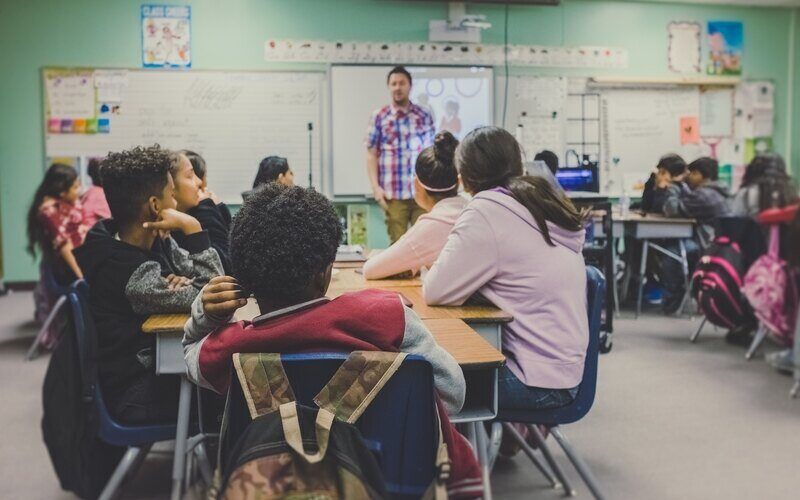
 William Jolly
William Jolly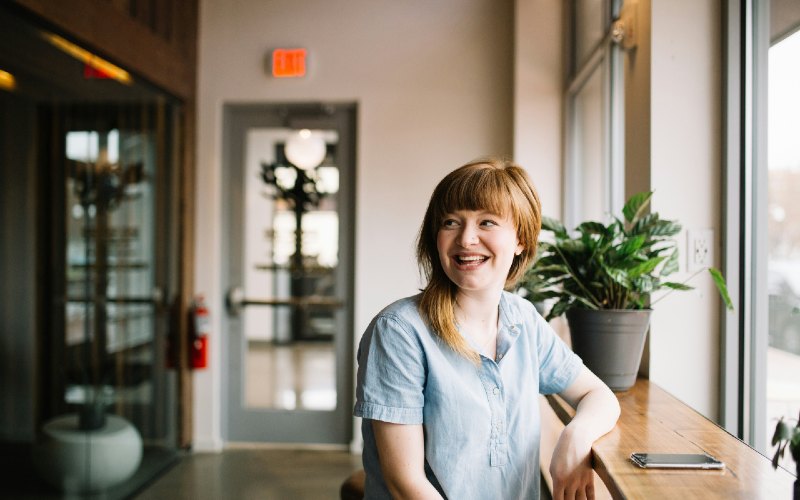
 Kari Arnison
Kari Arnison